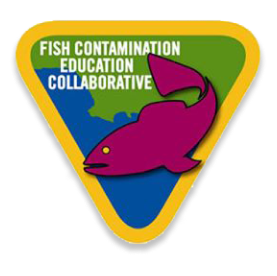Go Fish: Knowing When To Hold ‘Em
The best anglers fish responsibly—for their own health and for the environment’s. That’s why, when it comes to fish, any can be fun to catch, but not all are a good idea to keep. The danger is not because of recreational anglers. More often the biggest threats to individual fish species or the ocean’s ecosystem as a whole come from large scale commercial and industrial practices. Still, everyday anglers can make a big impact with small, but smart decisions.

Probably the best thing you can do as an angler to protect the ocean, and fishing, for yourself, your kids and beyond is to learn about which marine species are the most threatened. Some are valuable catches, such as the Atlantic Bluefin Tuna, that are in serious danger of extinction! So while you can’t always control what you catch, you can choose what to release. If you reel in an endangered species, take a picture then put the fish back in the water because, seriously, it will last longer.
The same caution should apply when going out to eat seafood. Even if you’re not catching the fish yourself, supporting sustainable seafood can help to ease the pressure on fish populations. Whether you’re placing an order, or doing the cooking, consider alternatives and substitutes that will give you the flavor you’re looking for tonight and ensure that it will be there tomorrow. Luckily for the West Coast, many of our local species from California to Alaska have stronger numbers than their Atlantic counterparts. That means less hard choices on the water and fresher options at the table.
But it’s also important to make choices for your own heath as well. Some seafood options may have strong populations in the wild, but they are exposed to toxics that they absorb from their environment. Large roaming predators like sharks can have extremely high levels of mercury built up from eating smaller species. Smaller fish can be highly impacted based on their surroundings. So, it’s always a great idea to know where your fish is caught and how it is prepared to minimize your exposure to harmful chemicals. You might not feel the effects right away, but consuming contaminated fish can lead to bigger health risks down the road.
There’s no denying the love anglers have for catching fish, and that we all have for eating them. That’s why it’s important to learn about which fish we should avoid, to protect both the fish and ourselves, to ensure delicious meals, to secure a fun hobby and to keep a healthy environment for generations to come.
*Photo courtesy of Rodale.

